This year saw the release of The Play Valet, an ingenious app for helping gamers save time whilst choosing which games to play. Meeple Mountain talked with Jess and Schoon Schoonmaker, the founders of Legacy of Play and the brains behind the app, to find out where the idea for the app came from, what the reaction to its release has been like and what they have in store for the future!
Jess, Schoon, welcome to Meeple Mountain. I really like the idea of The Play Valet, how did it come about?
Jess: The Play Valet was a result of me not playing games. We had a board game cafe open here in town, and we went to it. I was super overwhelmed by the number of games and felt very insecure with how little I knew about games, so I couldn’t pick anything to play. Then I had an idea to create an app where it would take the most basic of information that I would know (how many players, how much time we had, and how much I wanted to think) and give me only the games that met those criteria. We started by trying to market to board game cafes, but then changed plans to create the app for people at home.
Schoon: These days the Valet is becoming a platform for helping folks get the most out of hobby gaming. I could fill an hour segment just talking about all the amazing ideas we, our friends, and our users have all come up with to build on top of that starting premise. We just launched the first one: planning Game Nights with friends and choosing what to play ahead of time.
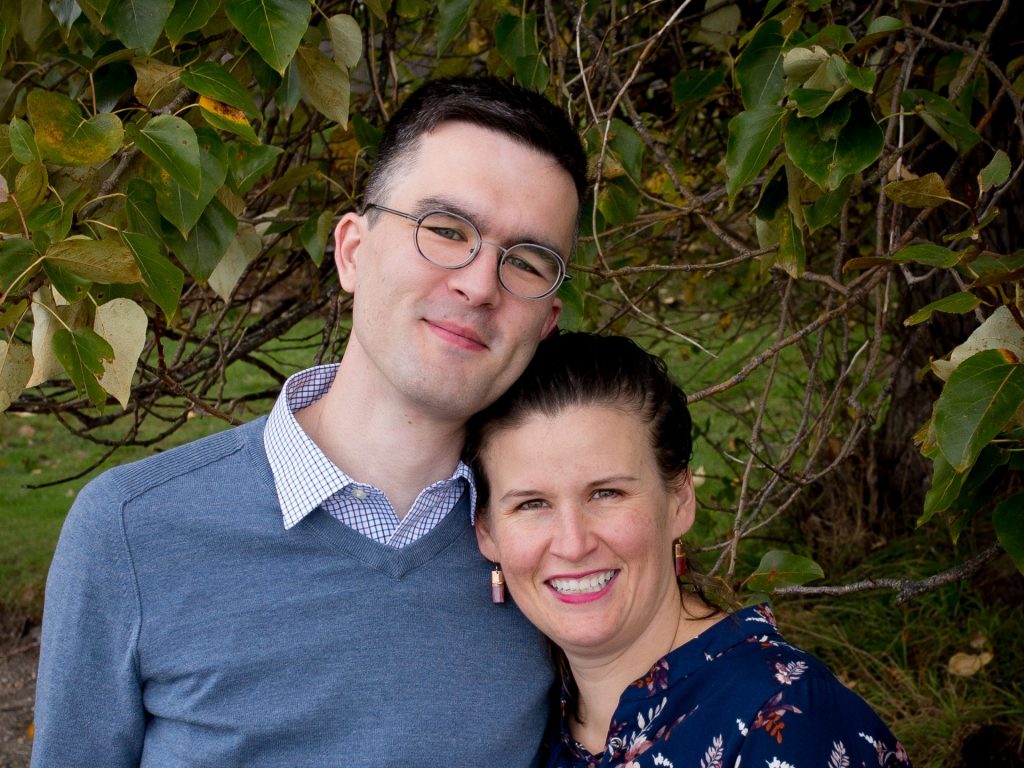
I like the ‘Plan’ feature, I imagine it’ll save time and maybe even build anticipation. What are your plans for the future of The Play Valet, what’s next for instance?
Schoon: You tell us! 😂
We have so much we’re working on with the Valet, starting with a paid expansion to Planning. With a subscription players will be able to invite other players to Game Nights, which will include their library of games in the process of deciding what to play. Everyone can vote from their own devices and decide ahead of time what to play, seriously cutting down on wasted game time!
But we listen to our users first and foremost. There have been dozens of small changes since release based entirely on a direct request from users. I feel like we’re constantly experimenting as we all figure out the best way to use technology like the Valet to improve the gaming experience.
On one hand we want to continue to expand Plan as folks use it, like a mode specific to larger parties that intelligently manages multiple games over the course of an evening. On the other we’re starting to better understand how an experience like this would work for events and conferences: can you imagine using something like the Valet to find and check out a game at a board game café?
It seems like with this starting framework there’s a wealth of possibilities for The Play Valet, I’m looking forward to seeing what you add next!
Technology has become more and more common in the tabletop hobby, with apps supporting specific games as well as innovations that span a wider spectrum of the hobby, like The Play Valet. How do you think that Legacy of Play and your background in both digital and analogue gaming can contribute to the hobby?
Jess: That’s very kind of you to call the Play Valet an innovation.
If we’re innovating, it’s because we want to use technology to break down barriers between this hobby and those interested in participating! Can you imagine what it must be like walking into a board game café for the first time with 1000 games on the shelves?
But we also want to use this platform to help the industry thrive. Our platform knows what games people own, share, and play. As an independent designer and publisher, how great would that information be in planning what games to produce? As a gaming convention, how useful might a platform like ours be for developing a sharing library or guiding new attendees?
We’re also working on new experiences that are only possible when you marry digital technology and analog game design. The simplest and first of those games, for example, is called Project Throne, and it uses some really clever technology to replace the “God” player in a deduction game.
Oh—and we would love to bring other’s ideas to life, too!
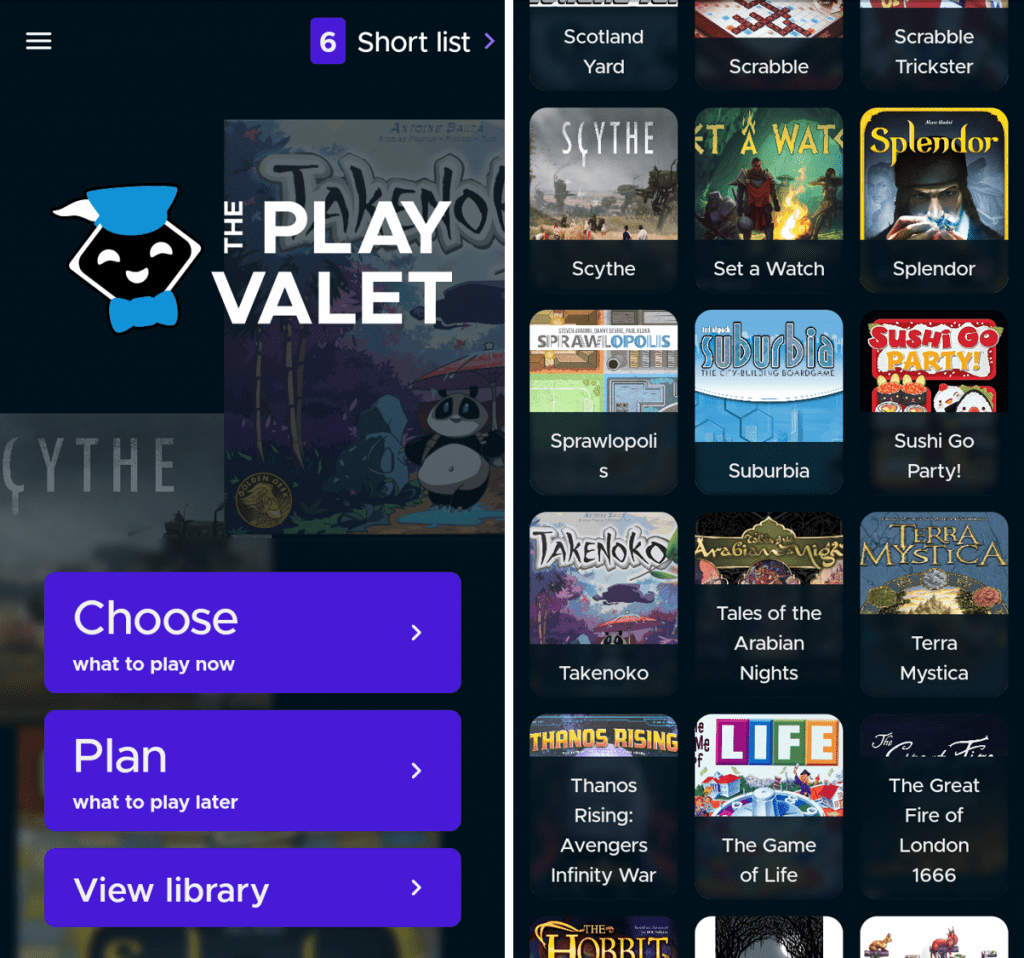
It seems like The Play Valet could be influential in all areas of the industry, how has the response been since its release?
Schoon: The response has been wonderful.
Even though we’re still in the “soft launch” stage, we’ve had a steady stream of new players find and explore our app. And while we’ve received our share of positive messages, the most gratifying feedback we can receive is a feature request—and we’ve had quite a few!
The Play Valet seems to have captured the imaginations of people, and it’s incredible to see them as excited for the future as we are.
Has it been challenging trying to break into the tabletop industry? I’d guess there are advantages and disadvantages in creating something not seen before like The Play Valet.
Jess: It has been really challenging to break into the tabletop industry, but not for the reasons that a lot of people find it challenging.
I am a very social person, and the conventions are where I am most happy. I really got into the board game world in 2019 at Unpub, then it was only a couple months before we were able to go to Origins… so on, and so forth. I always had conventions to drive me forward and give me something to work toward, the logistics of it all is magical. Then while at the conventions it was so fast-paced between pitching games, demoing games, and helping our friends however they needed it, that it totally fed into all my dopamine receptors and created an addict.
In 2020, I went to a playtest retreat with a group of female designers, was all hyped up for what was to come, returned home and the world shut down. I have found it impossible to connect to others via the digital world, so a lot of my difficulty has come in finding the energy and motivation to keep working in a world I feel so disconnected from.
Schoon: And we’re still “breaking in”: I feel like we’re still so far from having any sort of reputation, so those conversations start from zero every time.
On the flip side I should say that one thing makes it so much less challenging, and that’s the people in this industry. I know that feedback and network are critical to any craft, so I—and I can’t believe I’m admitting this—cold-emailed a few Pacific Northwest game companies for advice. (There are so many excellent groups for getting feedback, I cannot recommend doing what I did!) That said, I got a polite response from every email, and one of those conversations turned into my first professional playtest experience. I’ll be indebted to that group for as long as I make games.
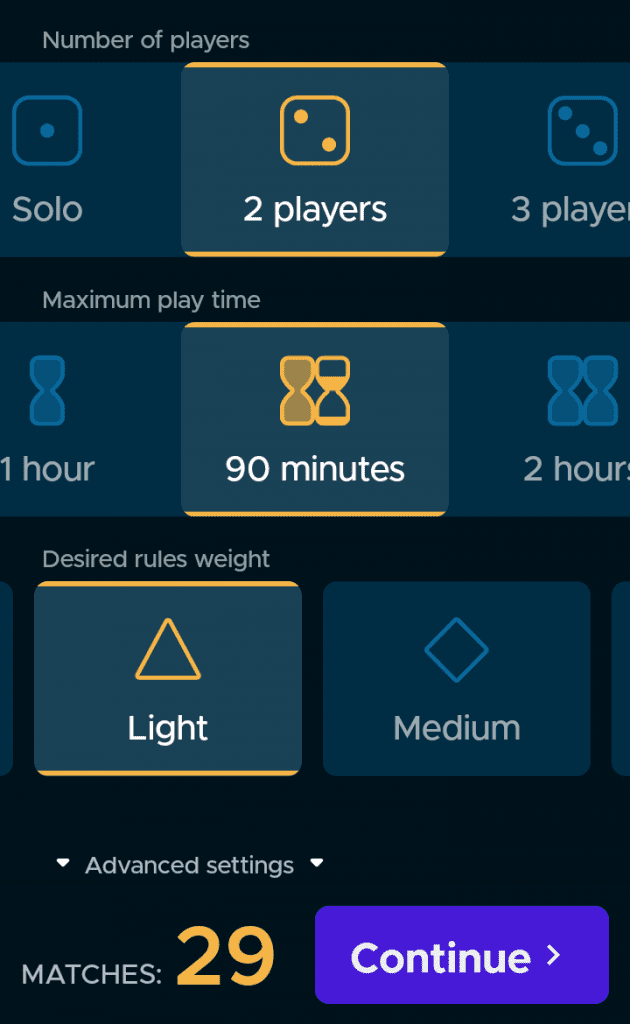
How did you both get started with tabletop games?
Schoon: I got started when I was asked to digitize a board game in 2012 within a larger game company. After that company went bankrupt, I wouldn’t try making tabletop games again for three years. That game—a deck-builder, of all things—is still on our “to be completed” shelf of in-progress designs, but we’ve since moved on to work on other games.
Jess: I only remember playing Uno, Skip-Bo, and Electronic Battleship growing up. I didn’t really play any games after I left for college until after Schoon and I were together. He worked in video games when we met and so I started playing those because it was a fun thing to share, but still didn’t care much about board games. Then when he started working on tabletop games again, one of the first he worked on was a game that I nicknamed Project S.T.O.R.C.. It was a game he was designing to help me enjoy board games. It worked, it was my gateway game and showed me that games can be really fun. That game was actually signed by Alley Cat Games and is in the works (COVID has delayed it’s release).
I’d seen on the Legacy of Play website that Schoon had made Jess a board game and that’s how she got sucked into the hobby. That’s fantastic that it’s been signed, Alley Cat Games are a great publishers! What can you tell us about Project S.T.O.R.C.?
Schoon: Project S.T.O.R.C., which will be released under a different name, is a dice game as familiar as Yahtzee or King of Tokyo, but with a trio of twists—the challenges you’re trying to match are randomized from a deck, there are two colors to worry about, and there’s zero downtime!—everyone is trying to play off of the same set of dice.
Because of that last point, it requires physical play testing, and COVID has delayed its release. Alley Cat will be releasing more information as it gets closer, and we’re very excited to see it out in the world!
Sounds intriguing, I hope the rest of the world get to see it soon!
Jess – you say on the website that when Schoon presented you with a second game you helped him improve it. Do you think coming into the hobby without the same background in games as Schoon has given you a fresh perspective?
Jess: I think coming into the hobby without any background in mechanics or style has been hugely beneficial for our brand (both our games and our apps). I am able to ask high-level questions like, “Why does it work this way?” or “How does it do that?” and it pushes Schoon to answer those questions. If our games have rules that are very easy to follow, it’s partially because of that. If I am going to play a game, I want to feel comfortable with how it works.
Schoon: She’s also brutally honest with feedback. 😂
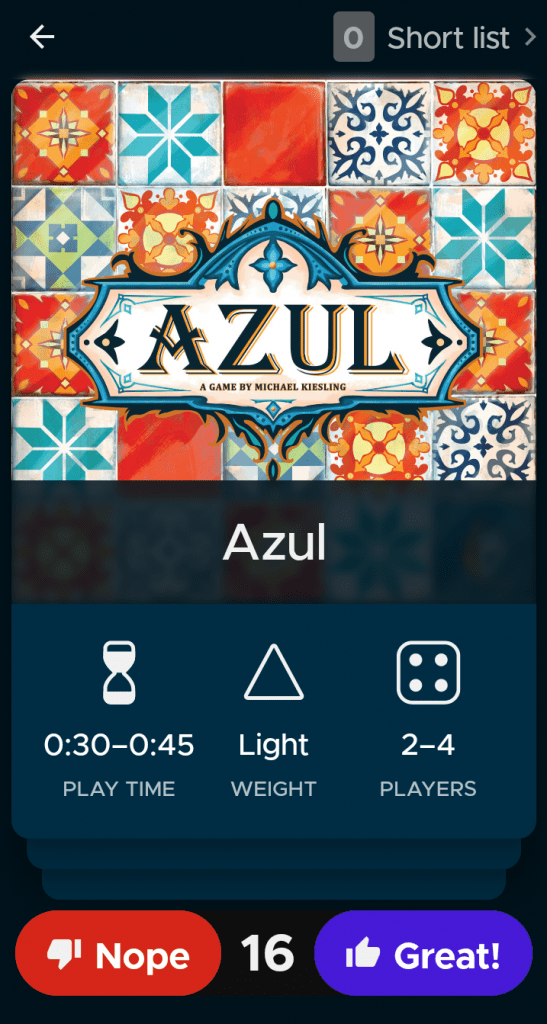
How did you decide to make the jump from enjoying the hobby to turning it into a business? What made the idea of Legacy of Play become a reality and how do you balance the company with jobs and children and everything else in life?
Schoon: The word that comes to mind is “slowly”. I was introduced to making tabletop games out of making video games, something I stopped doing back in 2012. In 2015 I revisited a concept from those days, and started playtesting with a very kind group of industry professionals in the Bellevue area—a 3 hour round trip every other week.
In the end one of those kind professionals recommended I shelve that idea—a deck builder that I can not wait to bring back out again—and try something new, which is where STORC came from.
Two years later that same group would help me feel confident enough to form a business, attend an Unpub, and pursue publishing. This all happened without any change to our day jobs, which meant many nights and weekends working and many a “Date Night” turned “Work Night”. I don’t recommend it unless, like me, you can’t imagine doing anything else.
We started the Play Valet—called BoxBot at the time—the following year, and split our time across both games and apps since. The idea of Legacy of Play becomes a reality every time someone plays one of our games or launches one of our apps, dropping another vote in the “Keep Going” box and encouraging us to continue.
And we have some incredible kids! We’ve dragged them around a lot to shows like Stumptown and PAX Unplugged, and were privileged to have family watch them and attend other shows like Unpub and Origins. They enjoy the travel and the spectacle of a show more than we do, and it’s infectious: there’s nothing like seeing our work through their eyes, wide with excitement.
Do you feel like having kids has influenced your designs at all?
Schoon: Absolutely. On the one hand, I have a design where kids are the randomness in the game. But on the other, much more substantial hand, having kids really did turn my worldview upside down. This, too, is not an experience everyone should expect, but having children has violently expanded what words like “love” and “care” mean.
When I design a game or build an app, I’m creating a space for hospitality: I want the players to feel cared for, even if it’s just because the game is more interesting, or more immersive; or the app is easier to use, or solves some real problem they have. Having kids expanded my imagination, and deepened my commitment that that hospitality.
Oh, and there’s nothing quite like practicing your silliness with small children.
Jess: The only game that I have seen all the way through writing rules for (without Schoon) was a submission to the annual HABA contest, and the kids helped design it. (The game was pretty terrible.) It was really fun to have the kids come alongside and work through all the pieces of game design; from idea, to prototype creation, rules writing, then play testing and rules rewriting, to finally shipping our submission off in a box.
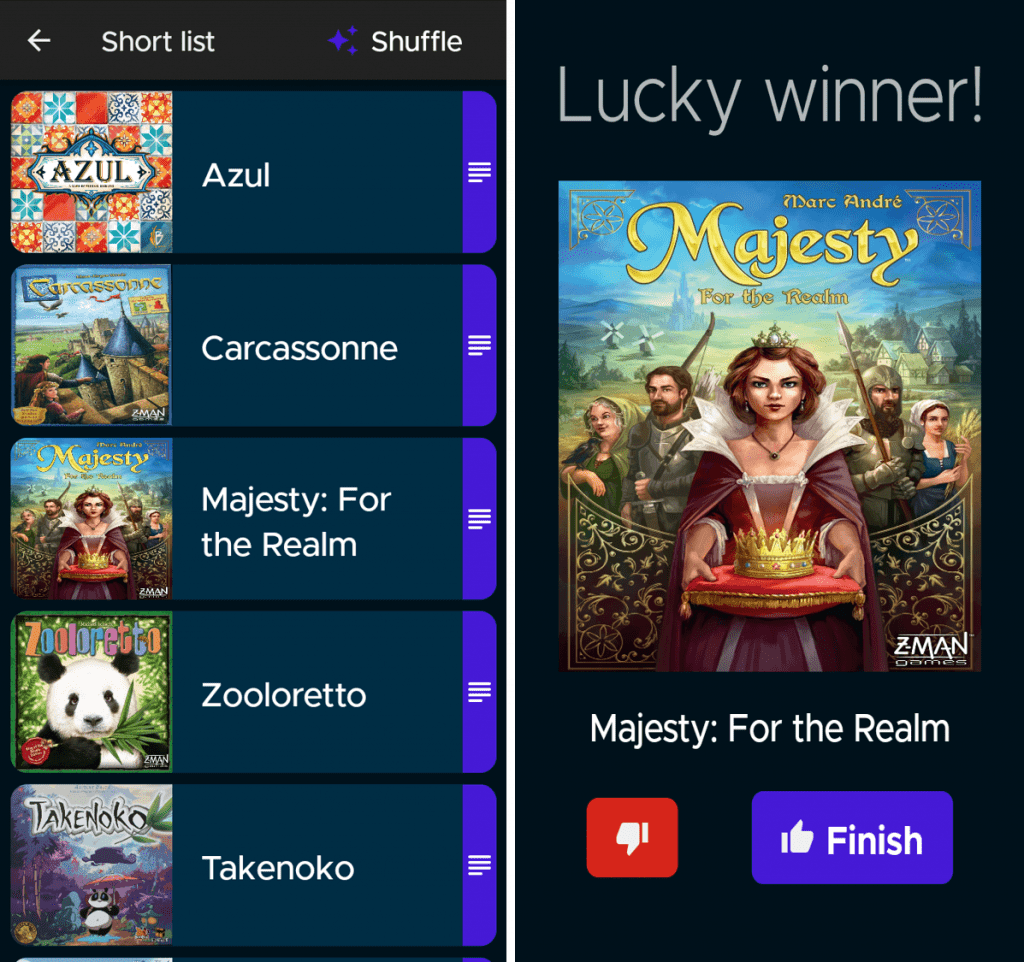
And finally what are your favourite games?
This is the hardest question yet!
Schoon: While Kabuto Sumo is getting a lot of play right now, my favorite has to be Oceans, by North Star Games. Every choice you make is interesting, and it’s an “ecosystem builder”: you can survive on your own, but you only win that game by building something with the other players. There’s a real Cambrian Explosion of complexity as all of the cards come together, but if that doesn’t scare someone away they’re going to have a great time with Oceans.
Jess: I don’t know that I would say I have a “favorite” game. What I would say though is that no matter what, if somebody offers to play me in Star Realms I won’t turn it down. (Schoon: It probably helps that she wins most of the time.) Our son has used this to his advantage many times when he really wants to play a game with me. He will ask if I will play Star Realms, knowing the answer will be yes.
Kids: Our son’s (7) favorite game is the Pokémon TCG. We bought a collection just big enough that we each have a deck to use and enough cards left over that he gets to really enjoy “tweaking” his deck. On the other hand, our daughter’s (8) favorite has got to be Galaxy Trucker. They’re both still figuring out how to do well, but their ships are finally surviving, which is a start!
Some fantastic games there! Jess, Schoon, thank you so much for talking with Meeple Mountain, it’s been an absolute pleasure.
You can find out more about The Play Valet app here.


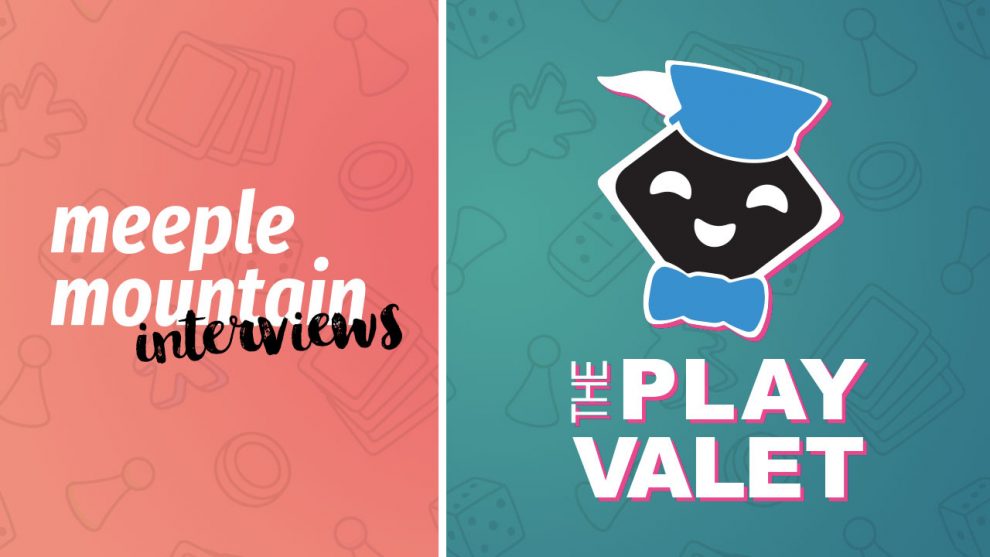
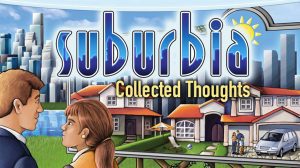
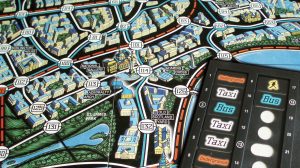
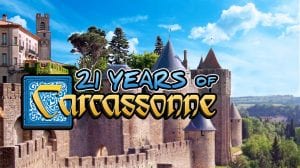
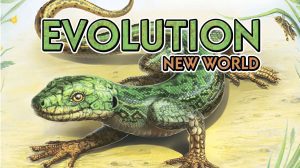




Add Comment